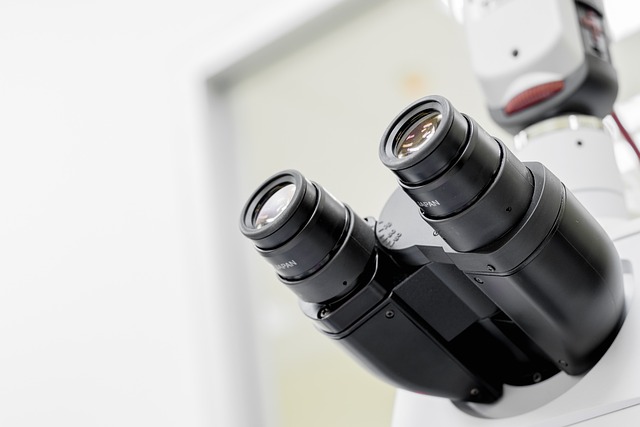
Revolutionizing Innovation: Challenging Anthropocentric Thinking in Science, Technology, and Workplace Culture
Revolutionizing Innovation: Challenging Anthropocentric Thinking in Science, Technology, and Workplace Culture
In our rapidly evolving world, the concept of anthropocentric thinking has been a driving force behind many innovations. This mindset places human beings at the center of consideration, often disregarding the impacts our actions have on the environment and other species. As we continue to push boundaries in science, technology, and workplace culture, it is essential to challenge this narrow perspective and embrace a more holistic approach.
Science: Redefining Our Relationship with Nature
Science, in its essence, aims to deepen our understanding of the world around us. Traditionally, however, it has been dominated by an anthropocentric viewpoint that prioritizes human needs and desires above all else. This approach has led to significant scientific advancements, but it has also contributed to environmental degradation and a disconnect between humanity and nature.
To foster true innovation in science, we must shift towards an ecocentric model that recognizes the interdependence of all life forms. By integrating principles of sustainability and biodiversity into research frameworks, we can drive discoveries that respect natural ecosystems while also benefiting humanity. Such a shift could lead not only to groundbreaking scientific breakthroughs but also to vital advancements in sustainability practices.
Technology: Designing with Empathy
The tech industry is often seen as the epitome of human ingenuity, yet it too is deeply rooted in anthropocentric thinking. From algorithms that prioritize profit over social good to gadgets designed with little regard for their environmental footprint, technology frequently mirrors society’s narrow view of human-centric progress.
Imagine if we reimagined technology through an empathetic lens. By considering the broader implications of tech development—how it affects our communities, the environment, and even animals—we can create products and services that not only meet human needs but enhance the well-being of the planet. Innovations in renewable energy, biodegradable materials, and sustainable manufacturing processes showcase how technology can harmonize with nature, rather than exploit it.
Workplace Culture: Inclusivity Beyond Humanity
In the realm of workplace culture, the push for diversity and inclusion is gaining momentum, but it often still centers around human characteristics alone. The challenge lies in expanding this inclusivity to extend beyond human factors to include the well-being of the planet itself. By fostering a culture that values all forms of life, organizations can cultivate environments that prioritize sustainability, ethical practices, and social responsibility.
Implementing policies that encourage environmental stewardship, offering education on ecological impacts, and promoting respect for different species can transform workplace culture into a force for good. This not only enhances employee satisfaction and retention but also positions companies as leaders in a world increasingly focused on sustainability.
Embracing a New Paradigm
As we navigate the complexities of modern-day challenges, it’s evident that anthropocentric thinking no longer serves us. By redefining our approach to science, technology, and workplace culture, we can inspire a wave of innovation that honors the intricate web of life we are a part of. Let us reimagine a future where progress does not come at the expense of the planet or its inhabitants, but instead fosters a co-operative relationship that benefits all.



